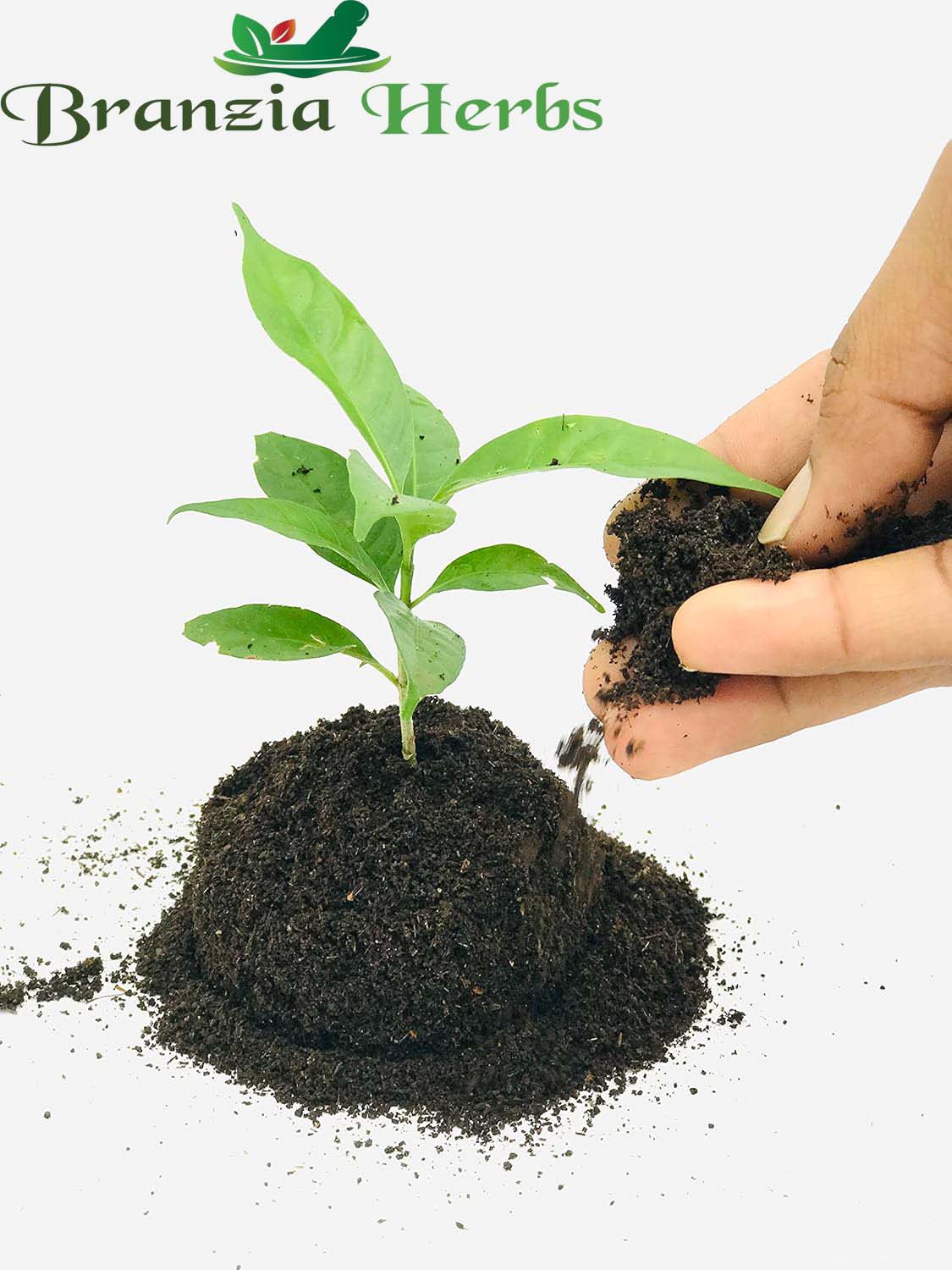When selecting vegetable seeds for home gardening, especially for outdoor spaces and pots, it's essential to choose varieties that are well-suited to your local climate, soil conditions, and the specific container or garden space you have. Here’s a guide to help you choose and grow a successful vegetable garden with a focus on organic green vegetable seeds:
Choosing Vegetable Seeds
-
Varieties for Outdoors:
-
Leafy Greens: Spinach, kale, Swiss chard, lettuce.
-
Root Vegetables: Carrots, beets, radishes.
-
Fruiting Vegetables: Tomatoes, cucumbers, peppers, squash.
-
Legumes: Beans, peas.
-
Varieties for Pots:
-
Compact Varieties: Look for dwarf or bush varieties of vegetables that are well-suited for container growing.
-
Leafy Greens: Lettuce, spinach, arugula.
-
Herbs: Basil, cilantro, parsley.
-
Small Fruiting Vegetables: Cherry tomatoes, dwarf peppers, small cucumbers.
-
Organic Green Vegetable Seeds:
-
Benefits: Organic seeds are non-GMO and grown without synthetic pesticides or fertilizers, promoting a healthier environment and better-tasting produce.
-
Popular Choices:
-
Spinach: Nutrient-dense, great for salads or cooking.
-
Kale: Hardy, versatile, and packed with vitamins.
-
Swiss Chard: Colorful leaves and stems, adds nutrition and beauty to your garden.
-
Lettuce: Varieties like Romaine or Butterhead thrive well in pots and garden beds.
Planting Tips for Outdoor Gardens
-
Soil Preparation:
-
Well-Draining: Ensure soil is well-draining and rich in organic matter. Amend with compost if needed.
-
pH Level: Most vegetables prefer a soil pH between 6.0 and 7.0.
-
Sunlight:
-
Full Sun: Most vegetables need at least 6-8 hours of direct sunlight daily.
-
Partial Shade: Some leafy greens can tolerate partial shade.
-
Watering:
-
Consistent Moisture: Keep soil consistently moist but not waterlogged. Use mulch to retain moisture and suppress weeds.
-
Spacing:
-
Proper Spacing: Follow recommended spacing guidelines to ensure plants have enough room to grow and to reduce the risk of disease.
Planting Tips for Pots
-
Container Size:
-
Size Matters: Choose containers large enough to accommodate root growth. For most vegetables, a minimum of 12-14 inches deep is ideal.
-
Soil:
-
Potting Mix: Use a high-quality potting mix designed for container gardening. Avoid garden soil, which can be too heavy and may not drain well.
-
Drainage:
-
Good Drainage: Ensure pots have drainage holes to prevent waterlogging and root rot.
-
Fertilizing:
-
Balanced Nutrition: Container plants often need more frequent feeding. Use organic fertilizers or compost to provide essential nutrients.
Popular Vegetable Seeds for Kitchen Gardens
-
Tomatoes:
-
Varieties: Cherry tomatoes, Roma tomatoes, Beefsteak tomatoes.
-
Planting: Start indoors or direct sow once temperatures are warm. Provide stakes or cages for support.
-
Lettuce:
-
Varieties: Leaf lettuce, Romaine, Butterhead.
-
Planting: Can be grown in both pots and garden beds. Harvest leaves regularly to encourage new growth.
-
Cucumbers:
-
Varieties: Pickling cucumbers, slicing cucumbers.
-
Planting: Need space to vine, so consider using vertical gardening techniques or grow bush varieties in pots.
-
Bell Peppers:
-
Varieties: Green, red, yellow, or orange peppers.
-
Planting: Grow in warm temperatures with full sun. Use containers or garden beds.
-
Spinach:
-
Varieties: Smooth-leaf, savoy.
-
Planting: Ideal for cooler weather; grow in pots or garden beds.
-
Herbs:
-
Varieties: Basil, cilantro, parsley, mint.
-
Planting: Perfect for pots and kitchen windowsills.
Care and Maintenance:
-
Weeding: Regularly remove weeds to reduce competition for nutrients and water.
-
Pest Control: Monitor plants for pests and diseases. Use organic methods like neem oil or insecticidal soap if needed.
-
Harvesting: Harvest vegetables and herbs at their peak for the best flavor and nutritional value.
Conclusion
Selecting the right seeds and understanding their needs is key to a successful kitchen garden. With the right care and attention, you can enjoy a productive garden that provides fresh, organic produce right at your doorstep. If you have specific questions about any varieties or need additional gardening tips, feel free to ask





